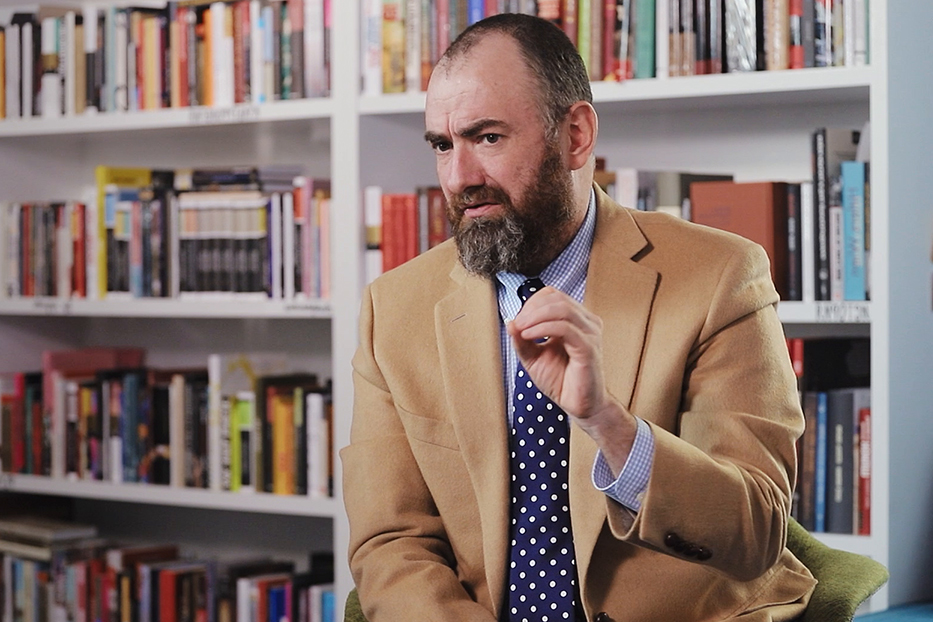The Mathematical Structure of Our Universe
Physicist Max Tegmark on using mathematics to explain the Universe, and how we could develop software to map all mathematical structures
videos | March 2, 2015
What are the implications of everything being ultimately mathematical? What is the opposite of the empirical approach? These and other questions are answered by Professor of Physics at MIT, Max Tegmark.
I think the most striking thing that we humans have learned so far from studying our universe is that we need to think big, because again and again we underestimated not only the size of our cosmos, but also our ability to understand it.
We have taken so much for granted that we often forget to ask why it works so well. I think it’s quite striking that the real reason we have figured out so much about our universe is because our universe seems to contain all these mathematical clues, patterns, and regularities that we can tap into with mathematical equations and get better at predicting things and ultimately figure out how to build things.
If you accept this notion that both space itself and all the stuff in space have no properties except mathematical properties, then it starts to sound a little less insane that maybe everything really is mathematical. What does this actually mean if it’s true? To me it means very good news for physics, because if it turns out that nature has some properties that are fundamentally non-mathematical, that means that physics will be ultimately doomed. One day we’ll hit a roadblock beyond which we just cannot proceed further in understanding the cosmos. We’ll still have big things we can’t understand, but we’ll have run out of these mathematical patterns to discover because there are no more, and we’ll be forever stuck.





























